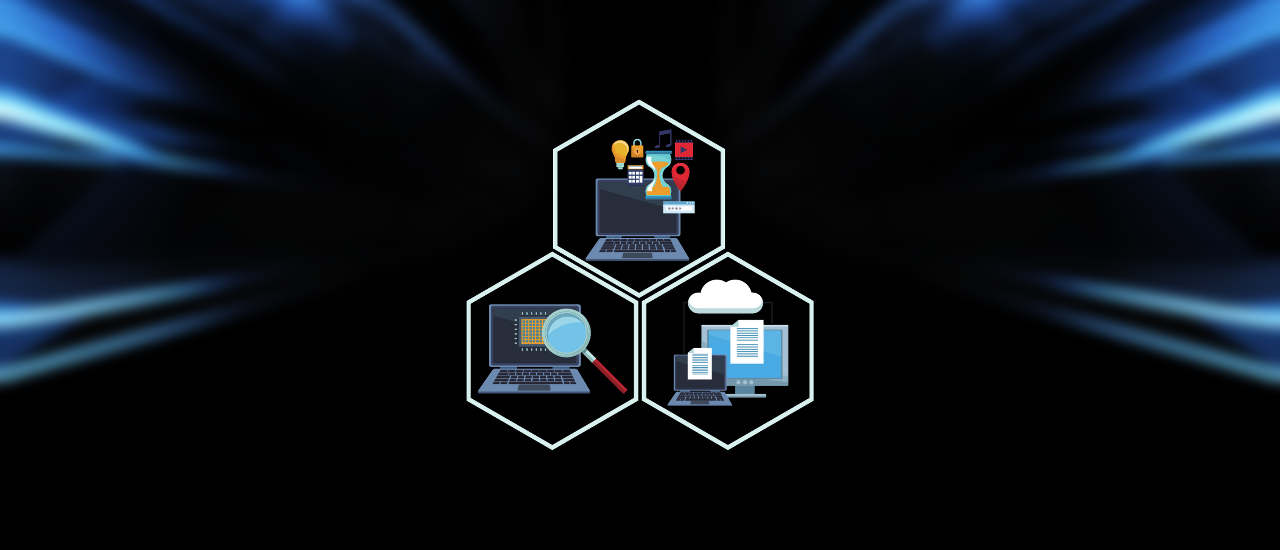
Solc - The Solidity Compiler
Introduction
In the realm of blockchain and decentralized applications (dApps), Solidity stands tall as one of the most popular programming languages. As the primary language for Ethereum smart contracts, Solidity brings life to the trustless, decentralized world. However, before these smart contracts can be executed on the Ethereum Virtual Machine (EVM), they need to be compiled into bytecode.
This crucial task is accomplished by none other than "Solc," the Solidity Compiler. In this blog, we'll dive into the world of Solc, understand its significance, how it empowers the development of smart contracts, and explore some key features.
What is Solc?
Solc, short for Solidity Compiler, is an essential tool for Ethereum developers. It takes high-level, human-readable Solidity code and converts it into low-level bytecode that can be executed on the Ethereum blockchain. Solc is written in C++ and is open-source, making it a versatile and community-driven tool for innovative contract development.
The Role of Solc in Smart Contract Development
Compilation Process
When developers write smart contracts in Solidity, they create human-readable code using familiar programming concepts. However, the Ethereum Virtual Machine requires bytecode for execution. Solc plays a vital role in transforming this high-level code into machine-readable bytecode that the EVM can understand and execute.
Error Detection
During the compilation process, Solc thoroughly analyzes the Solidity code, identifying and reporting errors, warnings, and potential vulnerabilities. This helps developers catch bugs and security issues early in the development lifecycle, ensuring that the final smart contract is reliable and secure.
Version Compatibility
Ethereum is an ever-evolving ecosystem with regular updates and improvements. Different versions of the Ethereum protocol may have varying features and optimizations. Solc ensures that smart contracts are compatible with the targeted EVM version, providing seamless integration with the Ethereum network.
How To Use Solc For Smart Contract Development?
To utilize Solc for smart contract development, developers can follow these steps:
Installation
Solc can be installed using package managers like npm (Node Package Manager) or directly from the Solidity GitHub repository. The installation process is straightforward and once installed, Solc can be accessed via the command line.
Command Line Compilation
Solc can be used via the command line interface (CLI). Developers run a simple command to compile their Solidity code, specifying the input and output files, and desired optimization settings. The process is efficient and customizable.
Integration with Development Environments
Many integrated development environments (IDEs) and code editors offer extensions that integrate Solc directly into the development workflow. This enables real-time error checking and intelligent contract compilation within the coding environment, enhancing the developer's experience and productivity.
Solc Versions and Optimization
Solc offers different versions, each with specific optimizations. The optimization setting influences the size and efficiency of the generated bytecode. Higher optimization settings lead to smaller and gas-efficient bytecode, but they may also increase compilation time. Developers can choose the optimization level that best suits their specific smart contract requirements, striking the right balance between gas cost and execution speed.
Conclusion
Solc, the Solidity Compiler, serves as a vital bridge between human-readable Solidity code and machine-readable bytecode. By simplifying the compilation process, detecting errors, and ensuring compatibility with different EVM versions, Solc empowers developers to create robust and secure smart contracts for the Ethereum blockchain.
As the blockchain ecosystem continues to grow and evolve, Solc remains an indispensable tool for building decentralized applications that are paving the way to a decentralized future. Its versatility, ease of use, and ability to adapt to future advancements make it a fundamental component in the Ethereum development toolkit.
As the blockchain space evolves, Solc will continue to play a crucial role in shaping the future of innovative contract development and driving innovation in the decentralized world.
